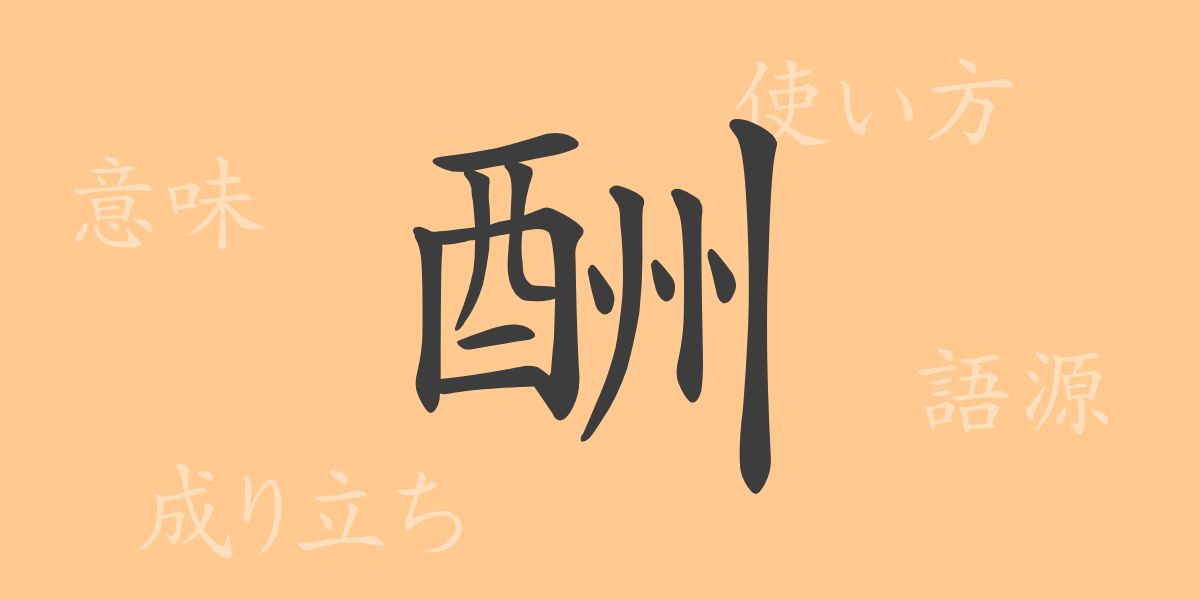The history and meaning embedded in each kanji character reveal the profound depth of the Japanese language. The character “酬(しゅう, shuu)”, often seen in daily life, is no exception. In this article, we will explore the rich world of the kanji “酬(しゅう, shuu)”, from its etymology to its usage, idioms, and expressions.
Origin of 酬(しゅう, shuu) (Etymology)
The kanji “酬(しゅう, shuu)” is a character that originated in ancient China. Its formation began with the exchange of goods and money. Originally, it meant offerings to gods or alcohol given as a reward to people. Over time, “酬(しゅう, shuu)” came to hold meanings related to reward and retribution. In modern times, it is widely used to signify reciprocation.
Meaning and Usage of 酬(しゅう, shuu)
In contemporary Japanese, “酬(しゅう, shuu)” means “to reciprocate” or “to return”. It is often used in the word “報酬(ほうしゅう, houshuu)”, referring to compensation or remuneration for labor or services. It can also be used to express gratitude or to return a favor.
Readings, Stroke Count, and Radical of 酬(しゅう, shuu)
Here are the basic details about the kanji “酬(しゅう, shuu)”.
- Readings: The on’yomi (音読み) reading is “シュウ(しゅう, shuu)”. There is no kun’yomi (訓読み) reading.
- Stroke count: The kanji “酬(しゅう, shuu)” has 17 strokes.
- Radical: The radical is 酉(とりへん, torihen), related to alcohol or fermentation.
Idioms, Phrases, and Proverbs Using 酬(しゅう, shuu)
Idioms and phrases containing “酬(しゅう, shuu)” often convey nuances of reward and reciprocation. For example:
- 報酬(ほうしゅう, houshuu): Compensation for labor.
- 謝酬(しゃしゅう, shashuu): A reward given to express gratitude.
- 応酬(おうしゅう, oushuu): Exchanging words or actions.
These expressions are commonly used in daily life and business settings.
Conclusion on 酬(しゅう, shuu)
The kanji “酬(しゅう, shuu)” has been used to express human interactions and feelings of gratitude through its history and meanings. In the business world, “報酬(ほうしゅう, houshuu)” is the most common usage, but in everyday conversation, it can also be used as “感謝の酬(かんしゃのしゅう, kansha no shuu)” to express appreciation. The diverse contexts in which a single kanji is used illustrate the richness of Japanese expression.

























